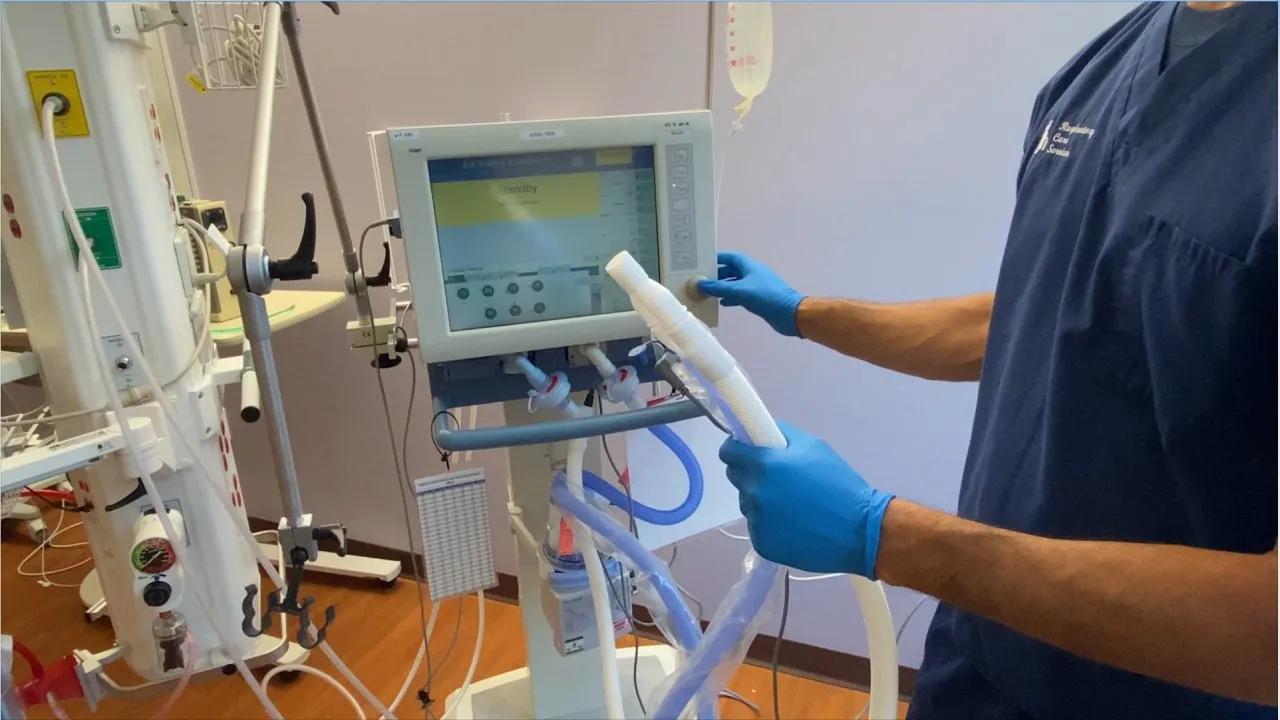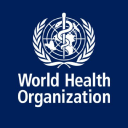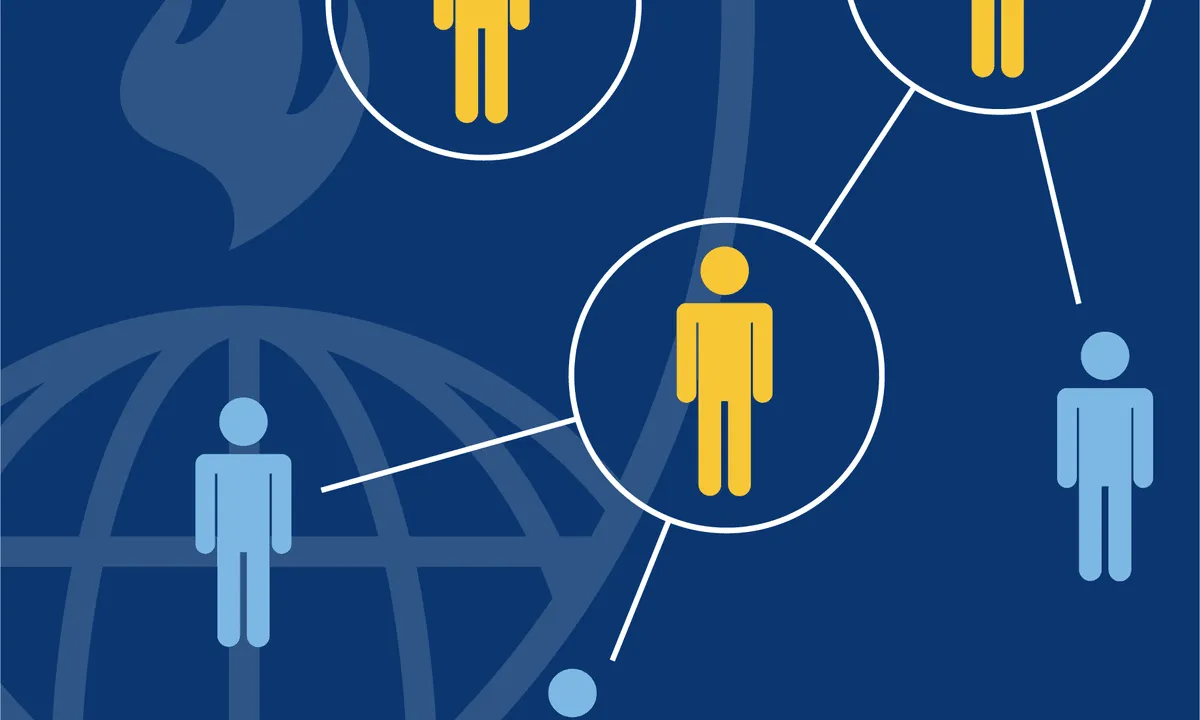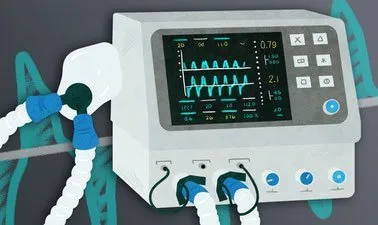
COVID-19 respiratory equipment 
Explore the essentials of COVID-19 respiratory equipment ▼
ADVERTISEMENT
Course Feature
![]() Cost:
Cost:
Free
![]() Provider:
Provider:
OpenWHO
![]() Certificate:
Certificate:
Free Certification
![]() Language:
Language:
English
![]() Start Date:
Start Date:
On-Demand
Course Overview
❗The content presented here is sourced directly from OpenWHO platform. For comprehensive course details, including enrollment information, simply click on the 'Go to class' link on our website.
Updated in [May 19th, 2023]
This course provides an overview of the use of respiratory equipment for COVID-19 patients. It covers topics such as choosing the right equipment for a facility, setting up new respiratory equipment, clinically using respiratory equipment, maintaining equipment, troubleshooting, repairs, infection prevention and control, and decommissioning equipment. Participants will gain the knowledge and skills necessary to care for patients safely and protect themselves from undue harm.
[Applications]
Upon completion of this course, participants should be able to apply the knowledge and skills they have learned to safely and effectively use respiratory equipment for patients with COVID-19 and other conditions. Participants should also be able to identify the right equipment for their facility, set up new respiratory equipment, clinically use respiratory equipment, maintain equipment, including troubleshooting, repairs and infection prevention and control, and decommission equipment.
[Career Paths]
1. Respiratory Therapist: Respiratory therapists are healthcare professionals who specialize in the diagnosis, treatment, and management of patients with breathing and other cardiopulmonary disorders. They are responsible for assessing, diagnosing, and treating patients with respiratory illnesses, as well as providing education and support to patients and their families. The demand for respiratory therapists is expected to grow significantly in the coming years due to the increasing prevalence of chronic respiratory diseases, such as COPD and asthma, as well as the need for respiratory care in the wake of the COVID-19 pandemic.
2. Respiratory Equipment Technician: Respiratory equipment technicians are responsible for the maintenance, repair, and installation of respiratory equipment. They must be knowledgeable in the operation of various types of respiratory equipment, including ventilators, oxygen concentrators, and CPAP machines. With the increasing demand for respiratory equipment due to the COVID-19 pandemic, the need for respiratory equipment technicians is expected to grow significantly in the coming years.
3. Infection Prevention and Control Specialist: Infection prevention and control specialists are responsible for preventing and controlling the spread of infectious diseases in healthcare settings. They must be knowledgeable in the principles of infection prevention and control, as well as the use of personal protective equipment (PPE). With the increasing prevalence of infectious diseases, such as COVID-19, the demand for infection prevention and control specialists is expected to grow significantly in the coming years.
4. Clinical Educator: Clinical educators are responsible for providing education and training to healthcare professionals on the use of respiratory equipment. They must be knowledgeable in the principles of respiratory care, as well as the operation of various types of respiratory equipment. With the increasing demand for respiratory care due to the COVID-19 pandemic, the need for clinical educators is expected to grow significantly in the coming years.
[Education Paths]
1. Bachelor of Science in Respiratory Care: This degree program provides students with the knowledge and skills to provide comprehensive care for patients with respiratory illnesses. Students learn about the anatomy and physiology of the respiratory system, the pathophysiology of respiratory diseases, and the use of respiratory equipment. They also learn about the principles of infection control, patient assessment, and the use of medications and treatments. This degree is becoming increasingly important as the demand for respiratory care professionals continues to grow due to the COVID-19 pandemic.
2. Master of Science in Respiratory Therapy: This degree program provides students with advanced knowledge and skills in the field of respiratory care. Students learn about the diagnosis and treatment of respiratory diseases, the use of advanced respiratory equipment, and the principles of infection control. They also learn about the management of respiratory care services, the use of evidence-based practice, and the ethical and legal aspects of respiratory care. This degree is becoming increasingly important as the demand for respiratory care professionals continues to grow due to the COVID-19 pandemic.
3. Doctor of Nursing Practice in Respiratory Care: This degree program provides students with advanced knowledge and skills in the field of respiratory care. Students learn about the diagnosis and treatment of respiratory diseases, the use of advanced respiratory equipment, and the principles of infection control. They also learn about the management of respiratory care services, the use of evidence-based practice, and the ethical and legal aspects of respiratory care. This degree is becoming increasingly important as the demand for respiratory care professionals continues to grow due to the COVID-19 pandemic.
4. Master of Public Health in Respiratory Care: This degree program provides students with advanced knowledge and skills in the field of respiratory care. Students learn about the diagnosis and treatment of respiratory diseases, the use of advanced respiratory equipment, and the principles of infection control. They also learn about the management of respiratory care services, the use of evidence-based practice, and the ethical and legal aspects of respiratory care. This degree is becoming increasingly important as the demand for respiratory care professionals continues to grow due to the COVID-19 pandemic.
Course Provider

Provider OpenWHO's Stats at AZClass
Discussion and Reviews
0.0 (Based on 0 reviews)
Explore Similar Online Courses

Reiki Master Teacher Advanced Certificate + Course Material

Free Sociology Tutorial - A-level Sociology Revision (Short Course)

Python for Informatics: Exploring Information

Social Network Analysis

Introduction to Systematic Review and Meta-Analysis

The Analytics Edge

DCO042 - Python For Informatics

Causal Diagrams: Draw Your Assumptions Before Your Conclusions

Whole genome sequencing of bacterial genomes - tools and applications

COVID-19 Contact Tracing

Mechanical Ventilation for COVID-19


Start your review of COVID-19 respiratory equipment